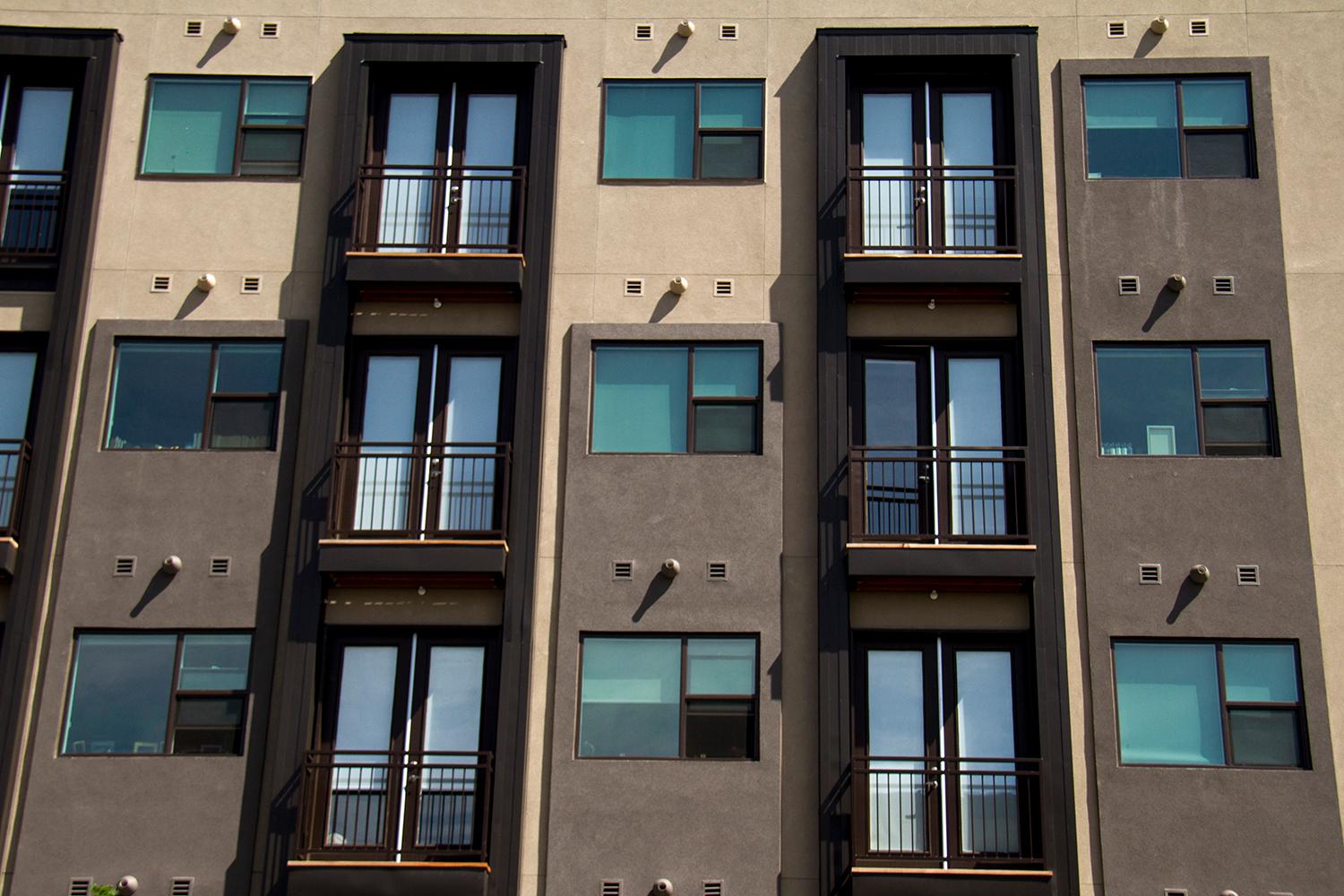
Denver condos are both "particularly susceptible to litigation" and hard to finance because of the threat of construction defect lawsuits, says a new Wall Street Journal article.
Such lawsuits are intended to hold builders accountable for shoddy construction. Think the gleaming, leaking Beauvallon in Golden Triangle, which was found liable for $17 million worth of fixes.
Condos are often entry-level housing, but it has triple the insurance costs to develop in Denver, notes WSJ. Make it harder to sue and then it becomes less expensive to insure.
Sure, condominium construction was only 4 percent of Denver housing started in the second quarter of 2016, according to Metrostudy. And ok, yeah, that's down from a decade ago, when condo construction was 23 percent of starts.
But there are a few points that WSJ doesn't address that make the picture on the ground a little more complicated.
First, Denver passed its own Construction Defects Reform Ordinance last November. Now the city requires a majority of the building's condo owners to agree before proceeding with a lawsuit. That's partly what state lawmakers sought for reforms. The city's law went into effect in January, while efforts in the legislature floundered.
And then there's Lakewood. Back in 2014, the city passed a "first-of-its-kind" measure to make it harder to file any construction defect lawsuits. By January, over a year had passed without any new condo projects planned.
The state Judicial Department processes about 150 to 200 construction defect cases annually, according to a May 2015 estimate from state economists. Those economists predicted that legislation to limit construction defect lawsuits would reduce lawsuits some, as the parties would have to try mediation or arbitration first, but some cases would still go to trial. They said the bill would "result in a minimal workload reduction."











